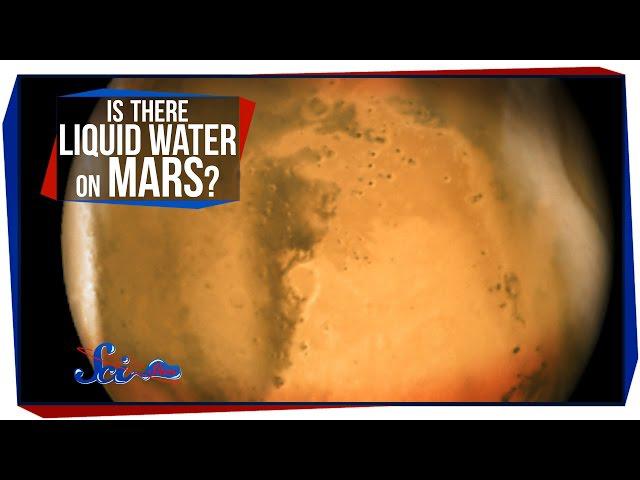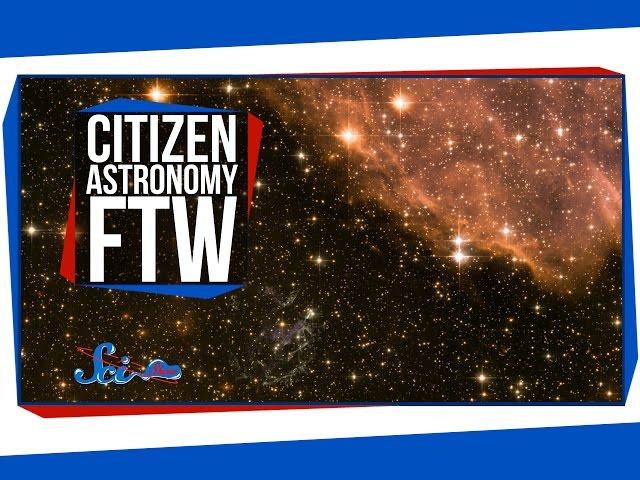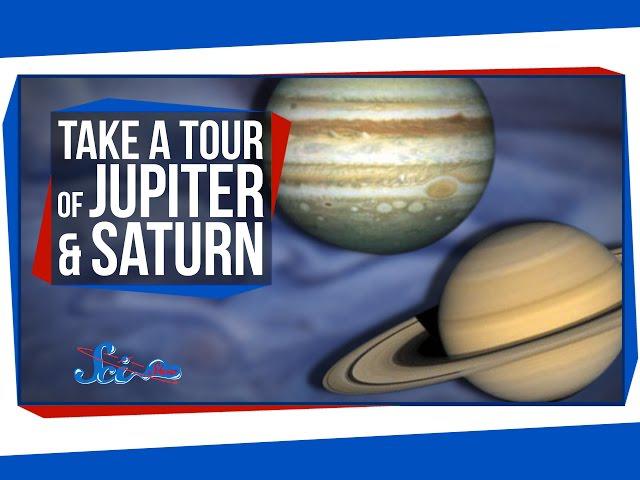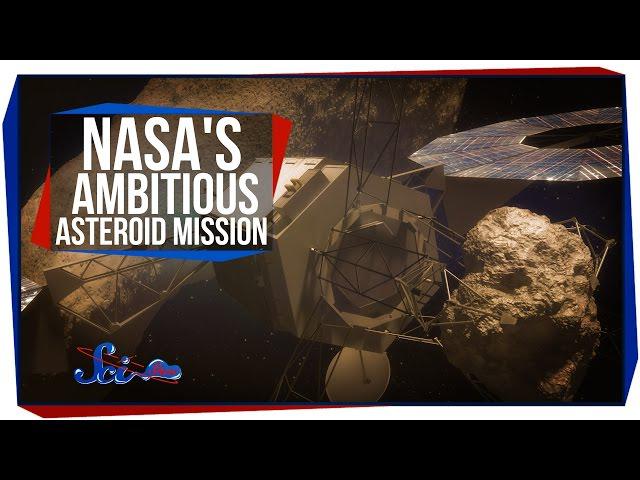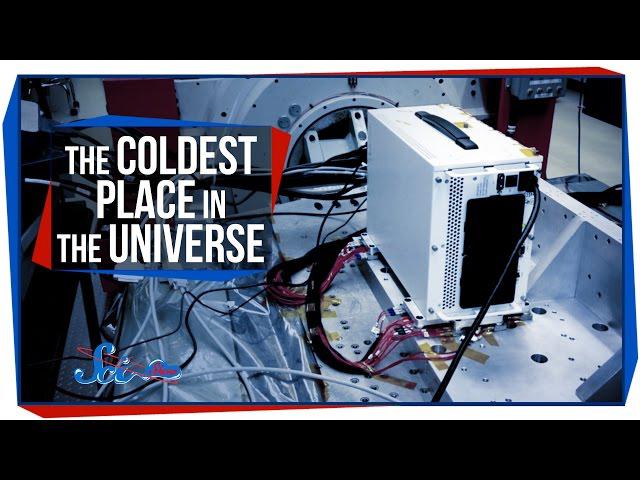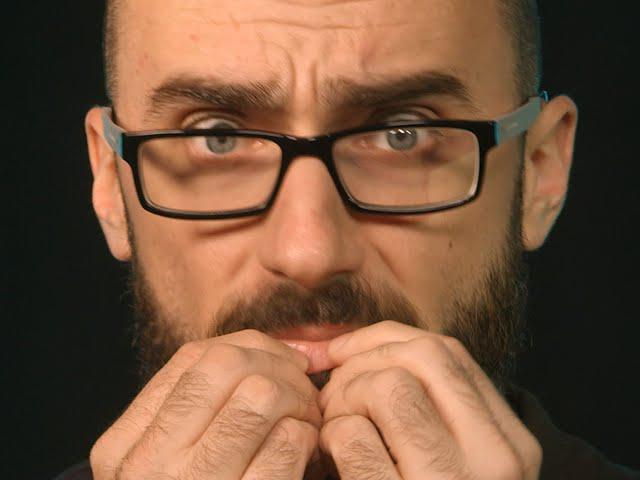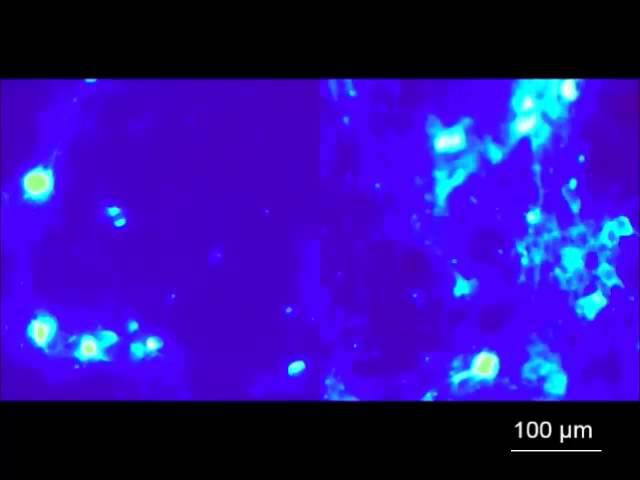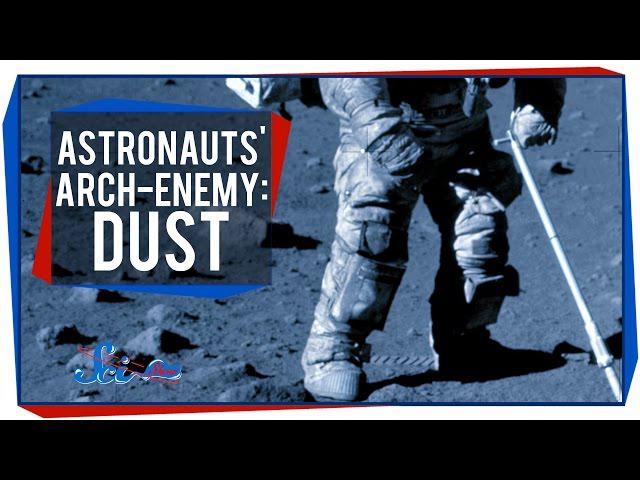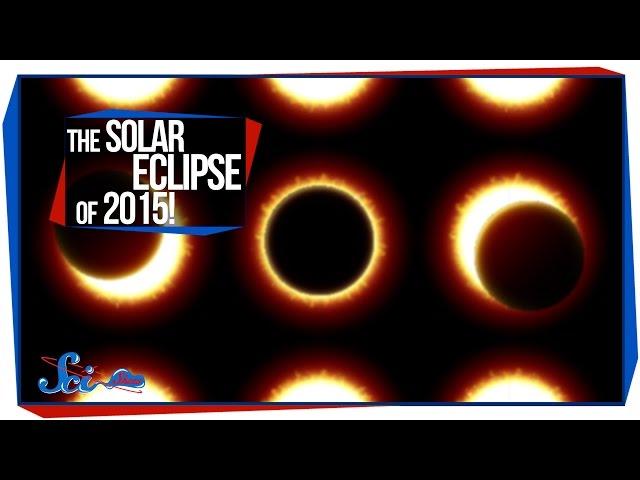Time Travel, Teleportation & Science
Time travel is the concept of moving between different points in time in a manner analogous to moving between different points in space, generally using a theoretical invention, namely a time machine. It has a commonly recognized place in philosophy and fiction, but has a very limited application in real world physics, such as in quantum mechanics or wormholes.
Although the 1895 novel The Time Machine by H. G. Wells was instrumental in moving the concept of time travel to the forefront of the public imagination, The Clock That Went Backward by Edward Page Mitchell was published in 1881 and involves a clock that allowed three men to travel backwards in time.[1][2] Non-technological forms of time travel had appeared in a number of earlier stories such as Charles Dickens' A Christmas Carol. Historically, the concept dates back to the early mythologies of Hinduism (such as the Mahabharata), Buddhism, and Islam through ancient folk tales. More recently, with advancing technology and a greater scientific understanding of the universe, the plausibility of time travel has been explored in greater detail by science fiction writers, philosophers, and physicists.
Teleportation, or Teletransportation, is the theoretical transfer of matter or energy from one point to another without traversing the physical space between them. It has a commonly recognized place in science fiction literature, film, and television, but as yet has a very limited application in real world physics, such as quantum teleportation or the study of wormholes.
Science (from Latin scientia, meaning "knowledge") is a systematic enterprise that builds and organizes knowledge in the form of testable explanations and predictions about the universe. In an older and closely related meaning, "science" also refers to a body of knowledge itself, of the type that can be rationally explained and reliably applied. A practitioner of science is known as a scientist.
In modern usage, "science" most often refers to a way of pursuing knowledge, not only the knowledge itself. It is also often restricted to those branches of study that seek to explain the phenomena of the material universe.
Source : Wikipedia
-
04:29
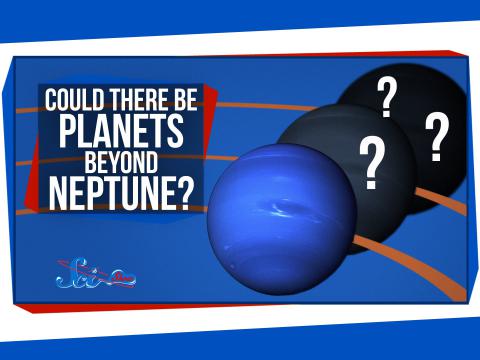
Could There Be Planets Beyond Neptune?
Added 801 Views / 0 LikesCould There Be Planets Beyond Neptune?
-
02:09

NailO: A thumbnail-mounted wireless trackpad
Added 630 Views / 0 LikesNailO: A thumbnail-mounted wireless trackpad
-
03:56
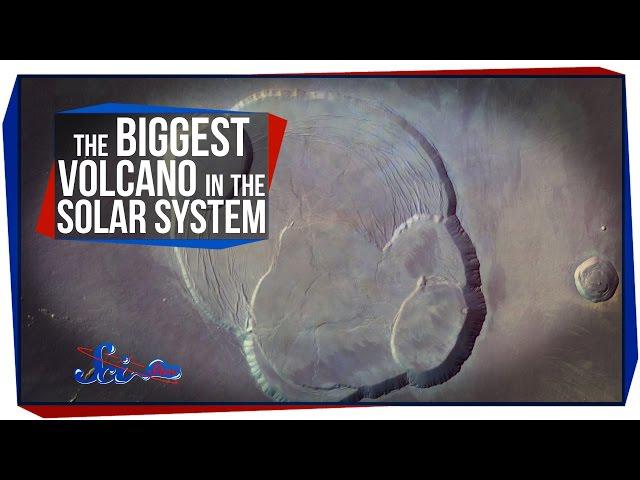
The Biggest Volcano in the Solar System
Added 648 Views / 0 LikesThe Biggest Volcano in the Solar System
-
01:41
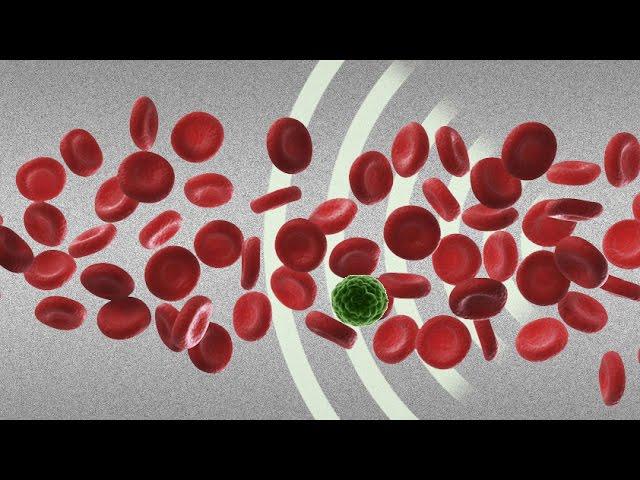
Detecting rare cancer cells with sound waves
Added 794 Views / 0 LikesDetecting rare cancer cells with sound waves
-
02:20
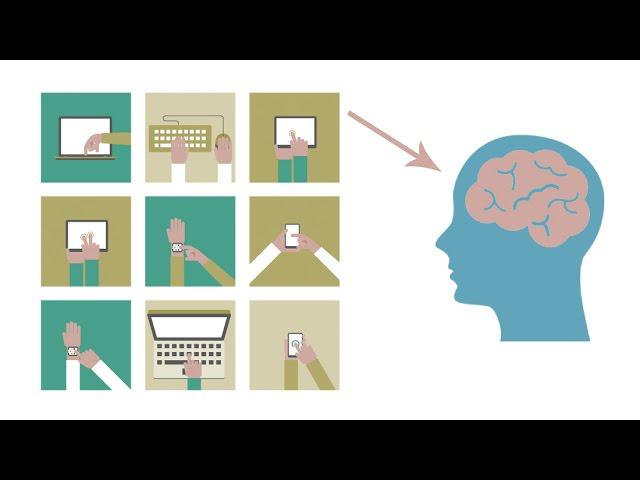
Parkinson's diagnosis by typing on a keyboard
Added 641 Views / 0 LikesParkinson's diagnosis by typing on a keyboard
-
04:30
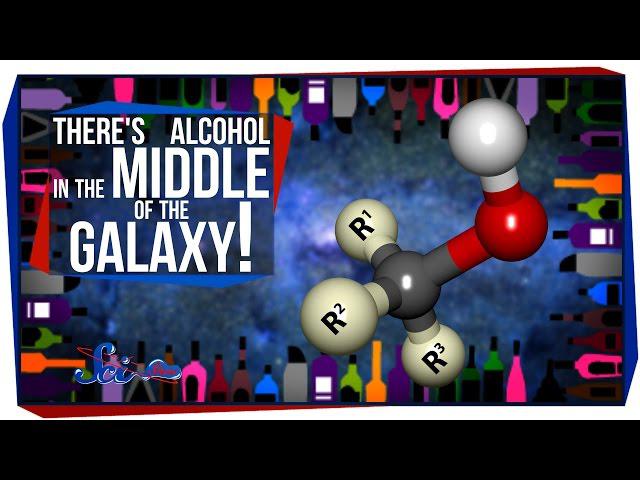
There's Alcohol in the Middle of the Galaxy!
Added 657 Views / 0 LikesThere's Alcohol in the Middle of the Galaxy!
-
03:56
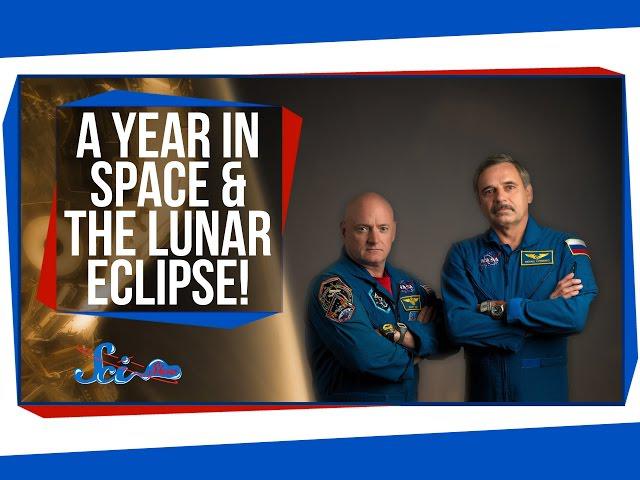
A Year in Space, and the Lunar Eclipse!
Added 773 Views / 0 LikesA Year in Space, and the Lunar Eclipse!
-
04:23
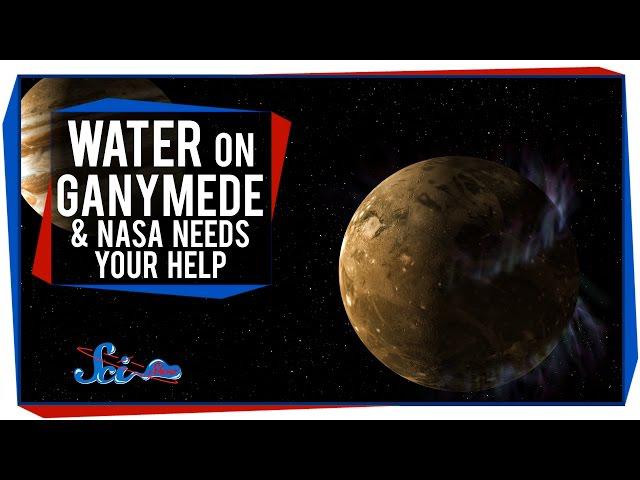
Water on Ganymede, and NASA Needs Your Help!
Added 659 Views / 0 LikesWater on Ganymede, and NASA Needs Your Help!
-
05:22
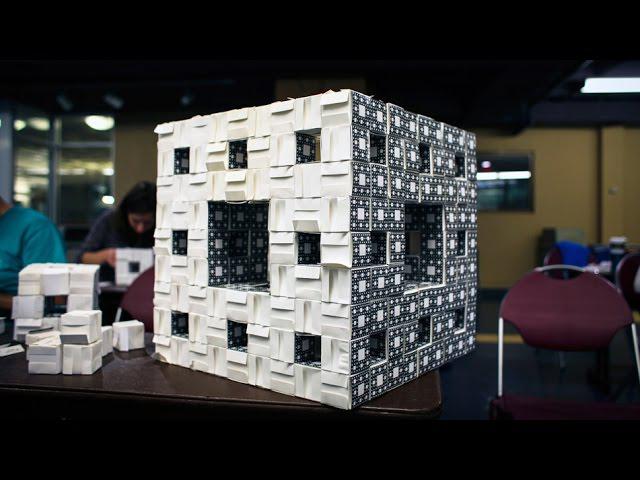
Mega Menger: Building a Menger Sponge at MIT
Added 616 Views / 0 LikesMega Menger: Building a Menger Sponge at MIT
-
04:35
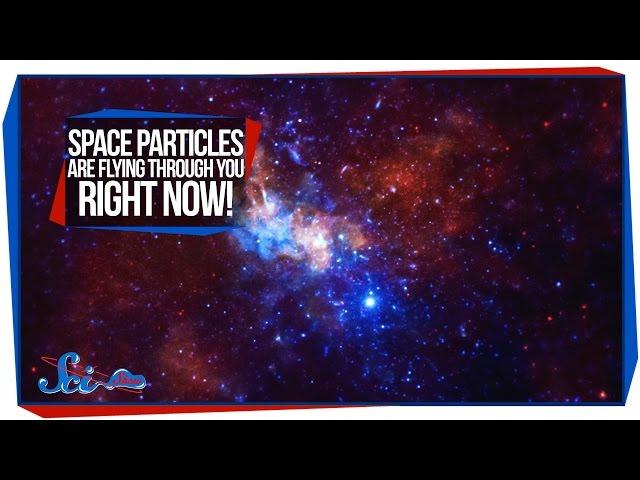
Space Particles Are Flying Through You Right Now!
Added 698 Views / 0 LikesSpace Particles Are Flying Through You Right Now!

